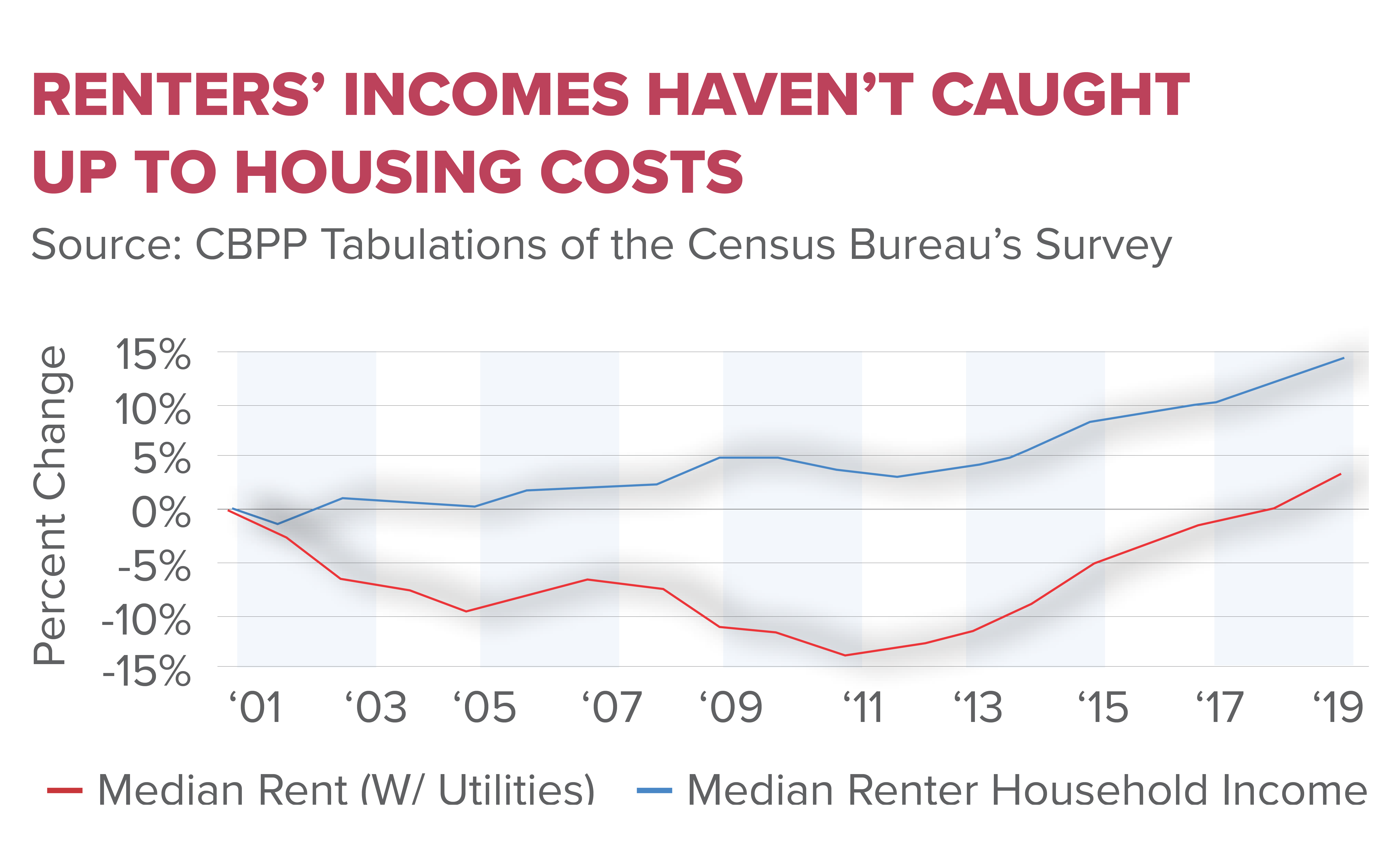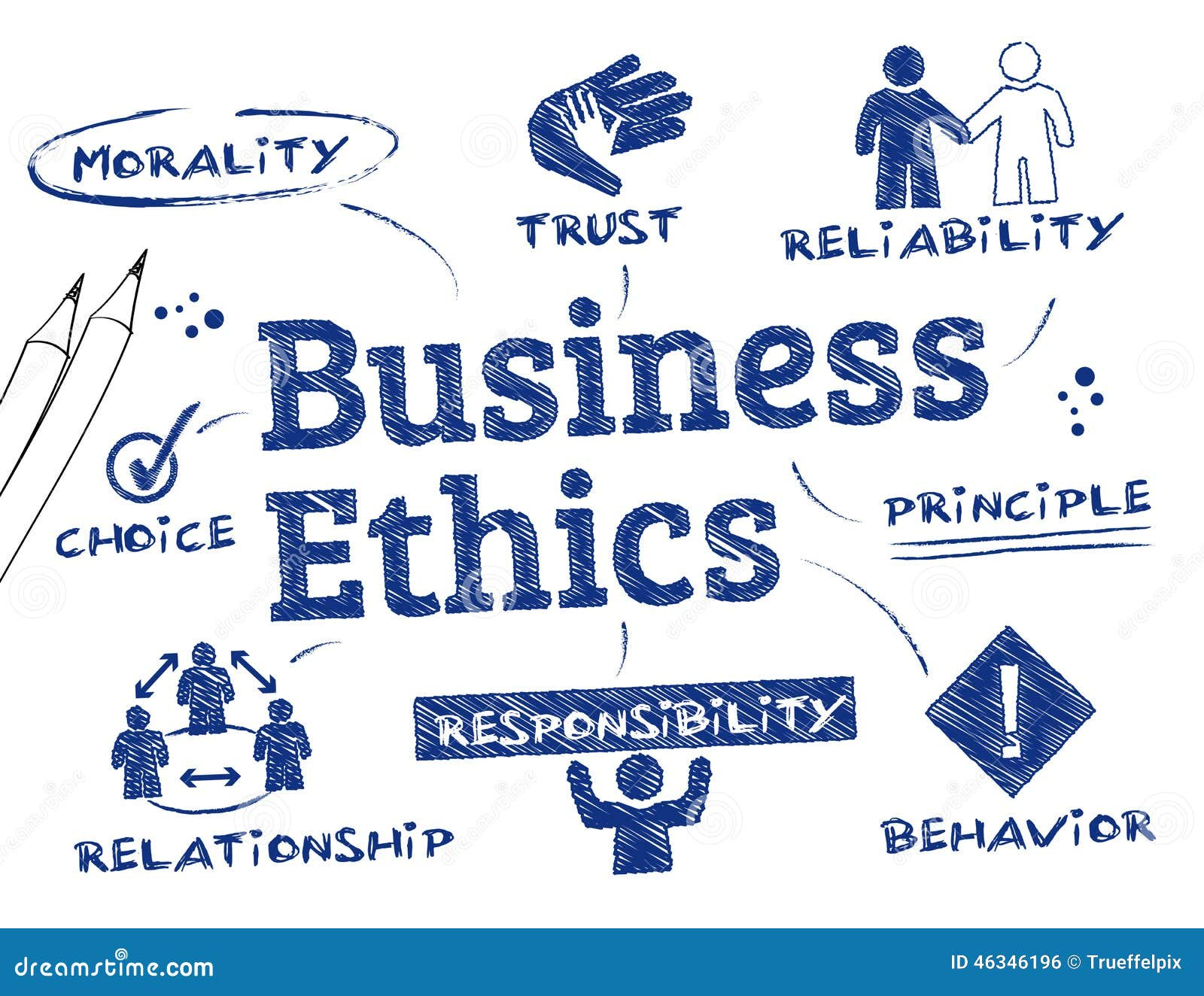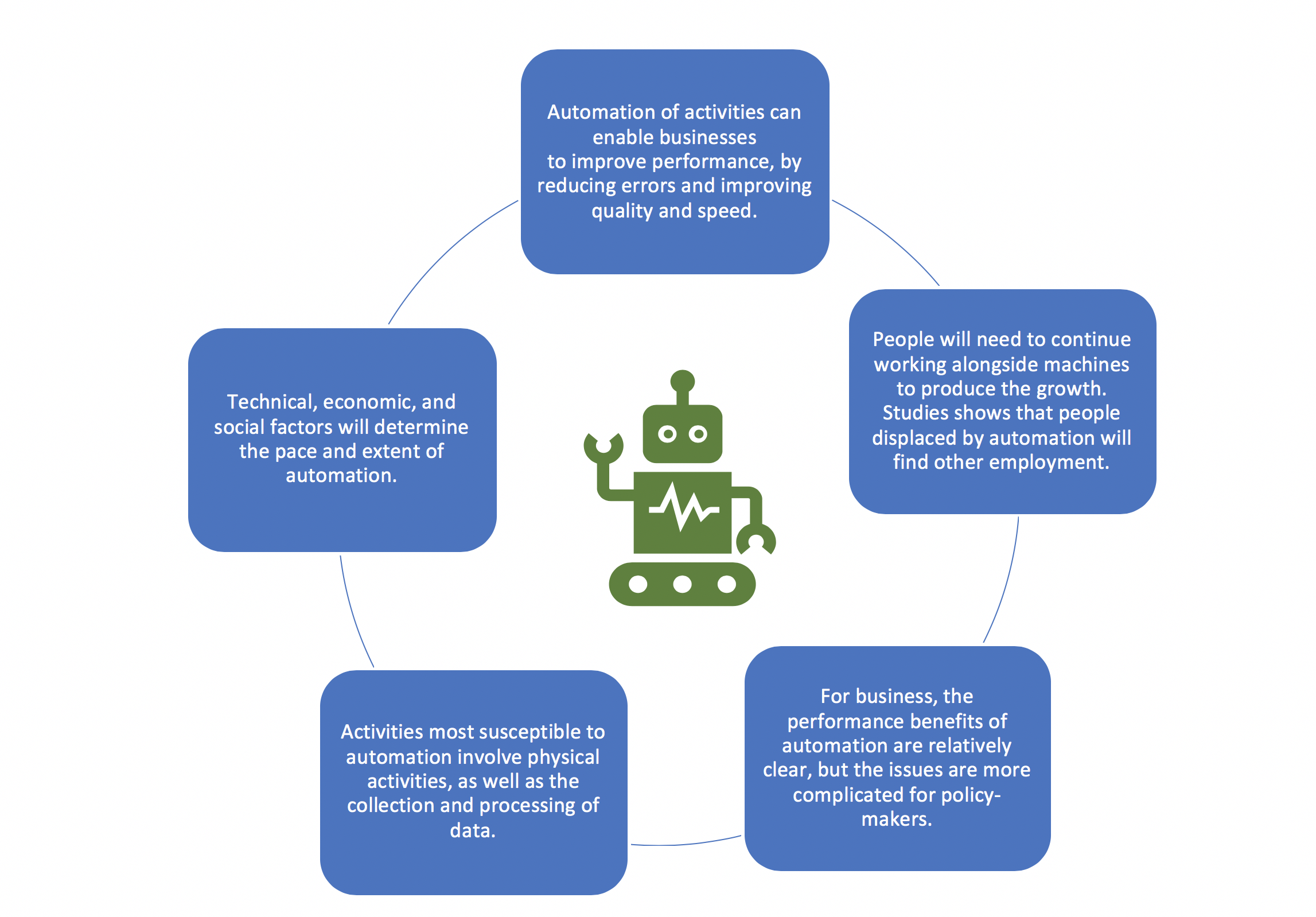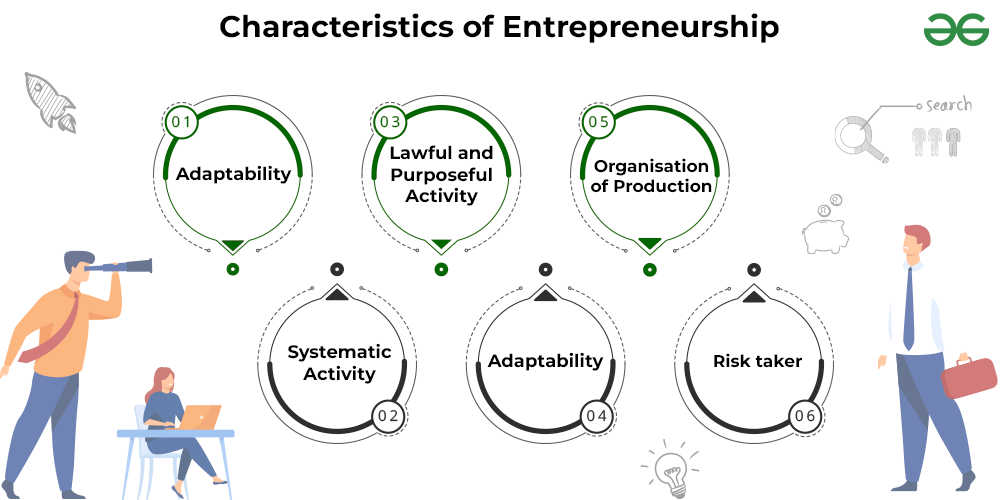Business ethics play a critical role in shaping how organizations navigate the often murky waters of decision-making. In today’s corporate landscape, ethical dilemmas can arise in various forms, from compliance with legal standards to navigating complex ethical issues that affect stakeholders. Leaders, like Joseph Badaracco, emphasize the need for ethical decision-making frameworks that not only adhere to laws but also align with a company’s values and societal responsibilities. Integrating sound business decision strategies can guide managers through the intricate process of making responsible choices that prioritize integrity. As executives face evolving challenges, effectively managing business ethics becomes paramount for sustaining trust and reputation in an increasingly scrutinized environment.
The concept of corporate morality, often referred to as business ethics, encompasses the principles that guide the conduct of organizations in relation to their stakeholders. These ethical considerations involve navigating challenging scenarios that require thoughtful deliberation and sound judgment. Influential thoughts from experts like Joseph Badaracco shed light on how contemporary businesses can effectively address these ethical quandaries. As industries face diverse pressures, the integration of ethical considerations into decision-making processes remains essential—not only for compliance with legal standards but to foster trust and accountability within the broader community. The growing complexity of ethical issues necessitates that managers and decision-makers adopt innovative strategies to approach moral dilemmas with integrity and foresight.
Understanding Business Ethics in Today’s Corporate Environment
Business ethics has significantly evolved over the last few decades, shifting from a traditional focus on moral philosophy to a more integrated approach that considers the complexities of real-world scenarios. In the past, ethics in the corporate realm was primarily taught as a set of rules derived from philosophical theories such as utilitarianism or deontology. Today, as organizations face increasingly complex ethical dilemmas, particularly in an international context influenced by technological advancements, business leaders must navigate these challenges with a more nuanced understanding of ethical principles.
For instance, ethical decision making now requires leaders to consider not only the immediate legal ramifications but also the broader social responsibilities their organizations hold. This broader view acknowledges that contemporary businesses operate within a web of relationships involving stakeholders and regulators, indicating that business decision strategies must be adaptable. By recognizing the importance of ethical practices, organizations can foster a culture that prioritizes responsible decision-making, ultimately enhancing their reputation and sustainability.
Complex Ethical Issues: The Gray Areas of Decision-Making
As business landscapes become more entangled with various stakeholders, the ethical challenges and decisions are increasingly found in gray areas. These complex ethical issues often arise when obligations conflict or when uncertainty clouds the facts at hand. Effective management of business ethics requires leaders to discern the most critical facts, consider the potential risks, and solicit expert opinions before reaching a conclusion. This approach not only empowers decision-makers to navigate challenges but also reinforces their commitment to ethical standards.
In the gray zone, where ethical decisions may not be clear-cut, personal judgment plays a significant role. Executives must engage in reflective practices to enhance their ethical decision-making ability. Utilizing techniques such as collaboration, honest analysis, and seeking diverse perspectives can help mitigate cognitive biases. The essence of responsible decision-making comes from thoroughly understanding the situation’s intricacies, evaluating responsibilities, and contemplating practical outcomes, ensuring that leaders are prepared to make informed choices amidst uncertainty.
Learning from Ethical Leadership: Insights from Joseph Badaracco
Joseph Badaracco, a prominent figure in business ethics education, emphasizes the importance of critical reflection in ethical decision-making. His research elaborates on how decision-makers can avoid pitfalls associated with cognitive biases and self-serving behaviors by engaging in collaborative discussions and being open to diverse viewpoints. For Badaracco, the ability to effectively manage business ethics stems from asking the right questions: What truly matters, what are my central responsibilities, and what outcomes can I realistically embrace?
Through in-depth interviews with executives, Badaracco discovered that successful leaders often incorporate reflective practices into their decision-making processes. Whether through informal chats with trusted colleagues or intentional moments of solitude, these practices allow leaders to gain clarity and tap into their values when faced with ethical dilemmas. By instilling such reflective mechanisms within an organization, leaders can cultivate a more ethical culture and encourage their teams to navigate complex issues grounded in strong ethical foundations.
The Impact of Technology on Business Ethics
In recent years, advancements in technology such as artificial intelligence and automation have posed new ethical challenges for businesses globally. The integration of these technologies raises questions about employee surveillance, data privacy, and the moral implications of decision-making by algorithms. As companies navigate these issues, it is crucial for leadership to approach the management of business ethics thoughtfully and comprehensively, considering not only the immediate effects but also the long-term societal implications.
The rapid pace of technological change necessitates that corporate ethics evolve concurrently. Executives must remain vigilant and proactive in identifying how new technologies can impact their ethical responsibilities, particularly regarding employee expectations and community values. By fostering an organizational culture that embraces ethical considerations in technological innovations, companies can ensure that their strategies align with both business goals and ethical standards, ultimately promoting trust and accountability.
Navigating Ethical Dilemmas in International Business
As globalization continues to intertwine economies and cultures, ethical dilemmas in international business settings have become more pronounced. Companies must now consider varying ethical standards across different regions, which can complicate decision-making processes. Business leaders are tasked with navigating these complex waters while upholding their organization’s core ethical values. This requires a deep understanding of the local context, including cultural nuances and regulatory frameworks, to make decisions that are not only legally compliant but also ethically sound.
In dealing with global ethical issues, organizations benefit from adopting a framework that emphasizes ethical decision-making strategies tailored to specific contexts. By encouraging local management teams to immerse themselves in the culture and engage with local stakeholders, businesses can develop a more nuanced and responsible approach to international operations. This not only enhances the effectiveness of their ethical frameworks but also strengthens their reputation and fosters goodwill in diverse markets.
The Role of Reflection in Ethical Decision-Making
Reflection plays a crucial role in the decision-making process, especially when faced with complex ethical issues. Effective leaders often take the time to ponder their choices, considering what truly matters and understanding their responsibilities in a situation. By incorporating reflective practices into their routines, such as engaging in discussions with colleagues or allowing time for solitary thought, leaders can refine their understanding and prepare for making difficult decisions. In doing so, they enhance their ability to act ethically and practically.
Additionally, reflection fosters a culture of openness and collaborative problem-solving within organizations. Leaders who prioritize reflection not only make more informed decisions but also create an environment that encourages others to engage in similar practices. Encouraging team members to reflect on their ethical concerns and decisions empowers them to voice their considerations and ultimately contributes to a more ethical organizational culture. In summary, reflection is an essential component of ethical decision-making that can lead to more responsible, well-rounded outcomes for businesses.
Developing Ethics Training Programs for Business Leaders
Creating structured ethics training programs for business leaders is essential in fostering a culture of accountability and responsible decision-making. Such programs should encompass key ethical principles, including the importance of thoughtful reflection, the impacts of technology, and nuances in stakeholder relationships. By incorporating real-world case studies, such as the controversies surrounding FTX and Theranos, training can help leaders recognize potential ethical pitfalls and develop strategies to address them constructively.
Moreover, effective ethics training should be tailored to reflect the unique values and challenges within each organization. Engaging leadership in discussions that highlight the significance of ethical decision-making will help them better understand their role in promoting ethical practices and navigating complex situations. Offering ongoing education, workshops, and opportunities for dialogue not only reinforces the commitment to managing business ethics but also equips leaders with the necessary tools to confront ethical dilemmas head-on.
Promoting an Organizational Culture of Ethical Behavior
Building an organizational culture that prioritizes ethical behavior is critical to the success and sustainability of any business. Leaders must set the tone by modeling ethical practices and demonstrating a commitment to integrity in their decision-making. This can be achieved through transparency, open communication about ethical standards, and providing clear guidelines for expected behavior. When leaders exemplify these values, it encourages employees to adopt similar attitudes, creating a ripple effect that promotes a cohesive ethical culture.
Furthermore, establishing mechanisms for reporting ethical concerns without fear of retribution is vital in reinforcing a culture of integrity. Employees should feel empowered to voice their concerns and report questionable practices, knowing that their organization values ethical behavior. Regular training and discussions around ethical challenges encourage continuous dialogue about business ethics and enable employees to engage with the company’s values actively. Consequently, fostering a thriving ethical culture not only mitigates risks associated with unethical behavior but also enhances overall organizational performance and reputation.
The Future of Business Ethics: Trends and Predictions
As we look toward the future of business ethics, several trends indicate that ethical considerations will play an increasingly central role in corporate strategies. Issues such as climate change, social justice, and data privacy will demand greater attention from business leaders and necessitate a proactive approach to ethical decision-making. Companies are likely to invest more in the development of comprehensive ethical frameworks that align with their organizational goals while addressing wider societal needs.
Moreover, as digital transformation continues to reshape industries, businesses must remain committed to adapting their ethical standards to meet the evolving landscape. Stakeholders, including consumers and employees, expect organizations to act responsibly in their practices, further pushing leaders to integrate ethics into their core business decision strategies. By anticipating these shifts and remaining agile, organizations can not only navigate emerging ethical dilemmas effectively but also position themselves as leaders in ethical business practices.
Frequently Asked Questions
What are the key elements of business ethics in decision making?
Business ethics encompasses principles regarding right conduct that shape ethical decision making in organizations. Key elements include integrity, fairness, accountability, and transparency. Ethical decision-making strategies often involve evaluating complex ethical issues and considering the impact of business decisions on various stakeholders.
How can managers effectively manage business ethics within their teams?
Managers can effectively manage business ethics by fostering a culture of ethical behavior through clear communication of policies, regular training, and open discussions about ethical dilemmas. Engaging employees in ethical decision-making processes encourages accountability and aligns business decision strategies with ethical standards.
What role does Joseph Badaracco play in understanding business ethics?
Joseph Badaracco, as a prominent business ethicist from Harvard Business School, has significantly influenced the study of ethical decision making in business. His insights help understand complex ethical dilemmas and provide frameworks for navigating legal gray areas, enhancing the ability of leaders to make ethically informed decisions.
How can ethical decision making address complex ethical issues in business?
Ethical decision making addresses complex ethical issues by utilizing structured approaches that assess various perspectives, weigh potential consequences, and prioritize stakeholder interests. This reflective process enables leaders to navigate the ethical implications of their business decisions effectively.
What are some common challenges in ethical decision making for businesses?
Common challenges in ethical decision making include balancing shareholder versus stakeholder interests, navigating legal gray areas, and managing cognitive biases that may lead to unethical decisions. Understanding these challenges is essential for leaders to create sound business decision strategies.
How do ethical decisions differ from legal decisions in the business context?
Ethical decisions in business go beyond legal compliance; they involve moral considerations that impact stakeholders. While legal decisions are governed by the law, ethical decisions require personal judgment and awareness of how actions align with core values and responsibilities.
Why is reflection important in managing business ethics?
Reflection is crucial in managing business ethics as it allows decision-makers to consider their values, responsibilities, and the implications of their choices. By taking time to think critically about ethical dilemmas, leaders can make more informed and principled decisions.
How can organizations create a culture of ethical decision making?
Organizations can create a culture of ethical decision making by establishing clear values, providing ethics training, encouraging open dialogue about ethical concerns, and recognizing employees who demonstrate ethical behavior. This approach promotes accountability and reinforces the importance of business ethics at all levels.
What impact do complex ethical issues have on business decision-making?
Complex ethical issues can complicate business decision-making by introducing uncertainty and conflicting responsibilities. Leaders must carefully evaluate the ethical implications of their choices and consider the diverse views of stakeholders, which requires a nuanced understanding of moral and practical considerations.
In what ways has the concept of business ethics evolved in recent years?
The concept of business ethics has evolved to include a broader range of concerns such as corporate social responsibility, environmental sustainability, and the ethical implications of technological advancements. There’s a greater emphasis on stakeholder engagement and the interconnections between business practices and societal impacts.
| Key Point | Description |
|---|---|
| Definition of Business Ethics | It has evolved from applying moral philosophy to a more situational analysis focusing on the context and circumstances. |
| Challenges in Decision-Making | Today’s executives face more complexities due to international contexts and technological changes like AI, which complicate ethical responsibilities. |
| Shifts in Executive Responsibilities | Executives must navigate a web of stakeholders, increasing the complexity of determining what constitutes ethical and responsible action. |
| The Spectrum of Ethical Judgments | Ethical decisions often lie on a spectrum rather than being clear-cut, requiring personal judgment based on context and situational analysis. |
| Cognitive Biases and Decision-Making | Executives are advised to collaborate to counteract personal biases and ensure decisions are responsible and practical. |
| Reflection in Decision-Making | Many leaders utilize reflection techniques to clarify their thoughts and make informed ethical decisions. |
Summary
Business ethics is essential for navigating today’s complex corporate landscape. As highlighted by Joseph Badaracco, the definition and application of business ethics have significantly evolved over the past thirty years. Leaders face multifaceted ethical dilemmas influenced by technological advancements and a broader range of stakeholder responsibilities. To make sound and ethical decisions, executives must adapt their approaches, embracing both reflection and analysis to contend with the spectrum of ethical judgments. By understanding and utilizing a structured decision-making process, businesses can navigate ethical challenges more effectively, fostering a corporate culture that prioritizes integrity and accountability.










